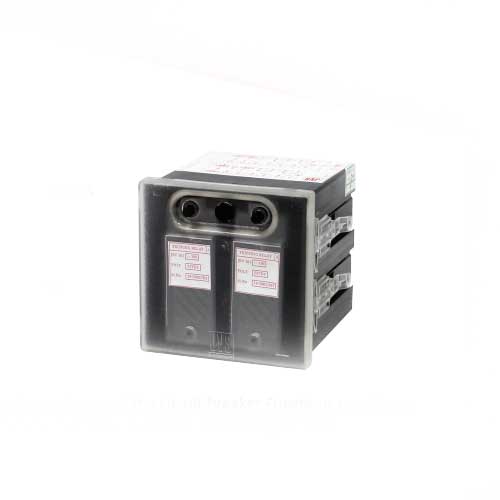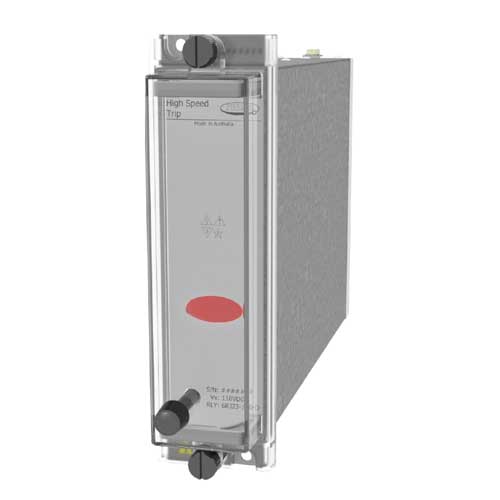Schedule a Call Back
A Powerful Equation
 Technical Articles
Technical Articles- Sep 29,12
Patna-based Husk Power Systems, established by two young entrepreneurs, has been electrifying villages with power generated from rice husk. A report by Huned Contractor.

At a time when power is one of the most crucial keys to developing countrywide infrastructvure and triggering the upward movement of economy, the Patna-based Husk Power Systems (HPS) has shown a way to dispel the perennial darkness prevalent in most parts of rural India. After lighting the first village from its first 100 per cent biomass-based power plant that uses discarded rice husk to generate electricity in August 2007, it can now lay claim to having installed 60 mini-power plants that power approximately 25,000 households in more than 250 villages and hamlets and impact the lives of approximately 1,50,000 people. On an average, each power plant serves about 400 households and replaces about 42,000 litres of kerosene and 18,000 litres of diesel per year. As of August 2010, HPS had already sequestered 50,000 tonnes of CO2.
The genesis of Husk Power Systems has been more of an evolution than serendipity. What started as a casual conversation between two childhood friends - one in his office at Los Angeles and the other in his office at Patna - in 2002, took over five years to fructify. Gyanesh Pandey, a native of the village of Baithania in the district of West Champaran in Bihar had in the course of his life made an interesting journey via boarding schools to premier engineering schools in Varanasi and New York and worked in the power management semi-conductor industry. Ratnesh Yadav, a native of Patna, had just moved back home from Delhi to pursue his entrepreneurial dreams.

The duo sincerely felt the need for rural development in Bihar in particular and India in general and saw immense opportunities right at home. Rural electrification was considered more of a necessity than an option. The conventional technologies and grids have failed to deliver and the pervasive energy starvation in the country is a rather known reality. A solution that used non-conventional technology for distributed generation of electricity was a no-brainer.
"What took time was finding the right technology that fit the economic model for the rural space. A hunt that dedicated efforts from nanotechnology-driven polymer solar cells to the jatropha-based biodiesel, and pretty much everything in between, only led to realisations about how the different non-conventional technologies employing renewable resources lacked substance when it came to applying them to solve a broader problem," recounts Gyanesh.
Gyanesh had a change of heart after a failed Vipassana course in late 2006 and by February 2007 he was back home for good, chucking a promising career in the greener pastures of the US. Then, a chance encounter with a gasifier salesman, Krishna Murari, proved to be a fresh ray of hope in the so far rather frustrating pursuit of the two friends. They learnt how several rice millers in the state of Bihar were using the decades old technology of biomass gasification to power their mills using rice husk - largely a no-good by-product of their operations.
"Rice husk - perhaps the only bio-waste in the lives of rural folks - was just the perfect source to power the dream of rural electrification. There was a catch though - all of the prevalent rice husk-based gasifier systems ran in what is called the 'dual-fuel' mode of operation where the producer gas produced by the gasifiers was used in conjunction with 35-50 per cent diesel to power the diesel engines. This suited a rice miller just fine by saving him 50-60 per cent of diesel but wasn't good enough to fit the economic model of rural electrification. Why not use the gasifier-based systems in 'single fuel mode' without any diesel, was an obvious question," Ratnesh states.

The answer available was very negative. Rice husk, an amorphous and low-density fuel produced a gas that had very high tar content and was rather dirty in general. The experts deemed it unfit for the single fuel mode of operation. Having demonstrated remarkable yield levels in one of the oldest IC fabrication units of North America, Gyanesh didn't see it as much of a problem. A dirty gas can clog the engine but if the engine is cleaned before the clog hampers the operation, why can't it work - was the simple thought. The thought was much appreciated by a scientist with the Ministry of New and Renewable Energy, S K Singh, and without any previous experience with biomass gasification, the persevering duo undertook the revolutionary task of shifting the paradigm in the rural as well as renewable energy space. They got their gasifier fabricated at a local workshop, procured a cheap CNG engine from a small supplier and modified it to suit their purpose.
"What had been a rather lofty and continuously unyielding idea for over five years took less than five months to realise and on the 60th anniversary of India's independence, a remote and rundown village called Tamkuha in the infamous Dhanaha region (often called the University for Kidnappers) of West Champaran district experienced electricity for the first time," Gyanesh states. The work was done under the banner of Samta Samriddhi Foundation, an NGO set up by the duo in Bihar. "After 60 independent years we have found freedom from darkness," said Rambalak Yadav, a local teacher on the occasion. Having zeroed in on the technology, carving a lucrative business model wasn't much of a task. Much of the elements had been in the mind all through the long journey and it came together rather well on the ground.
More importantly, HPS has employed and trained more than 300 local people in rural India for running and managing power plants. By 2014, HPS plans to serve 6,500 villages, save 7,50,000 tonnes of CO2, create 7,000 local jobs and save USD 50 million in cash for over 5 million people by replacing kerosene and diesel with its proprietary renewable energy technology.
"At about USD 1 per watt of generation, distribution and installation cost, HPS plants are cheaper than the mega-size thermal power plants," Ratnesh points out.
(Husk Power Systems, Patna. Tel: 0612-2283333.)
Related Products

High Speed Tripping Relay Two Element Relay - Jrv 181x2
JVS Electronics Pvt Ltd offers a wide range of high speed Read more

Plenty of Motion Possibilities in a Compact Housing
B&R Industrial Automation offers a wide range of plen Read more

High Speeed Tripping Relay Three Element Relay
JVS Electronics Pvt Ltd offers a wide range of high speed tripping relay three element relay - JRV 181x3.












